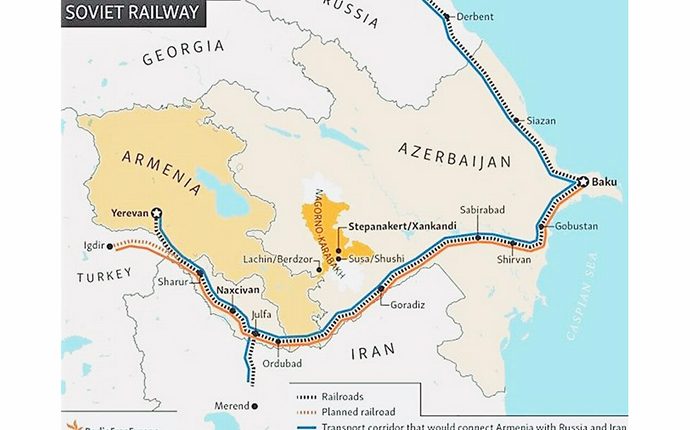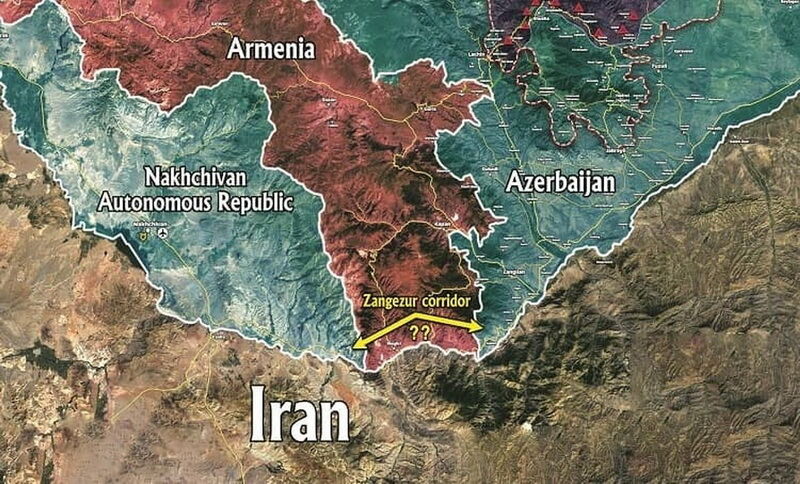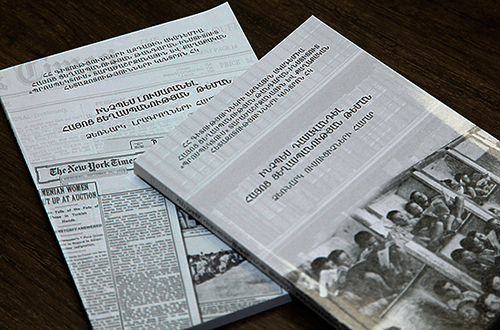By HAMO TATOULIAN
The South Caucasus, comprising Armenia, Azerbaijan, and Georgia, has long been a hotspot for geopolitical struggles, with Russia traditionally exerting significant influence over the region.
However, recent developments, particularly surrounding Nagorno-Karabakh, have fundamentally altered the balance of power. The aftermath of the conflict between Armenia and Azerbaijan has created a political vacuum, weakening Russia’s foothold while providing an opening for Western powers and neighboring Iran to assert their influence.
This blog delves into the critical events that have shaped this new geopolitical reality. We will analyze Russia’s role in the conflict, its cooperation with Azerbaijan, the consequences of ethnic cleansing in Nagorno-Karabakh, and the unfolding geopolitical ramifications. Most notably, we will explore how Western powers, for the first time in history, may gain a foothold in the South Caucasus under the guise of United Nations peacekeeping efforts.
Historical Context of Russia’s Influence in the South Caucasus
For centuries, Russia has maintained a strong presence in the South Caucasus due to its strategic importance. The region lies at the crossroads of Europe, the Middle East, and Central Asia, and its location has made it a buffer zone for Russian interests against potential Western, Turkish, and Iranian influence. Armenia, in particular, has historically relied on Russian military protection, especially in the face of Turkish and Azerbaijani aggression.
During the Soviet era, Moscow tightly controlled the South Caucasus, which was composed of Soviet Socialist Republics. After the fall of the Soviet Union, Russia retained its influence through military bases, economic leverage, and political alliances. However, recent events have tested these historical ties and exposed Moscow’s declining ability to control the region.
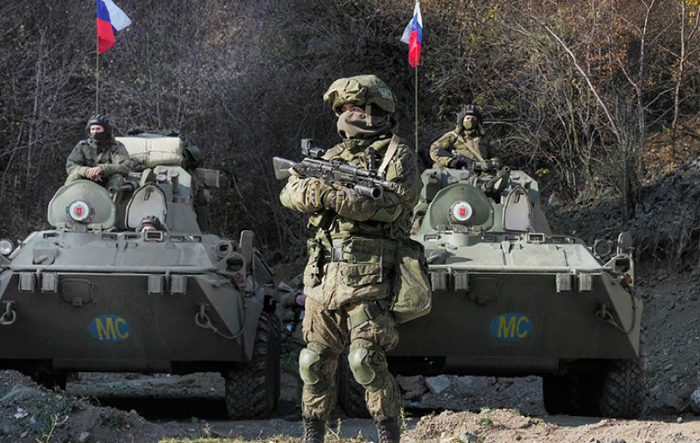

Russia’s Role in the Nagorno-Karabakh Conflict
The most recent conflict between Armenia and Azerbaijan over Nagorno-Karabakh, a long-disputed region, has been a watershed moment for Russian influence in the South Caucasus. After years of sporadic clashes, the conflict flared into a full-scale war in 2020, resulting in significant Azerbaijani territorial gains. While Russia brokered a ceasefire that temporarily halted the fighting, its role in the aftermath has been criticized as passive and, in some instances, complicit in Azerbaijan’s ambitions.
By allowing Azerbaijan to reclaim much of Nagorno-Karabakh with little pushback, Russia inadvertently weakened its own position. More critically, Azerbaijan’s ethnic cleansing of the Armenian population in Nagorno-Karabakh—a process that unfolded with Russia’s tacit cooperation—has had lasting consequences, both for the region and for Russia’s standing as a power broker.
Ethnic Cleansing and Its Consequences
The Azerbaijani military’s actions in Nagorno-Karabakh have been widely condemned as ethnic cleansing. Thousands of Armenians fled the region under the threat of violence, and many were forcibly displaced, resulting in a humanitarian crisis that drew the attention of the international community. Despite Armenia’s historical alliance with Russia, Moscow did little to intervene in the mass displacement of Armenians, raising questions about the depth of its commitment to its southern ally.
This ethnic cleansing, which many observers argue occurred with Russia’s passive approval, has severely damaged Moscow’s credibility in the region. Armenian citizens and their government feel betrayed by Russia, a country they long considered their protector. This has opened the door for other regional actors to step in and assert their influence, further weakening Russia’s dominance.
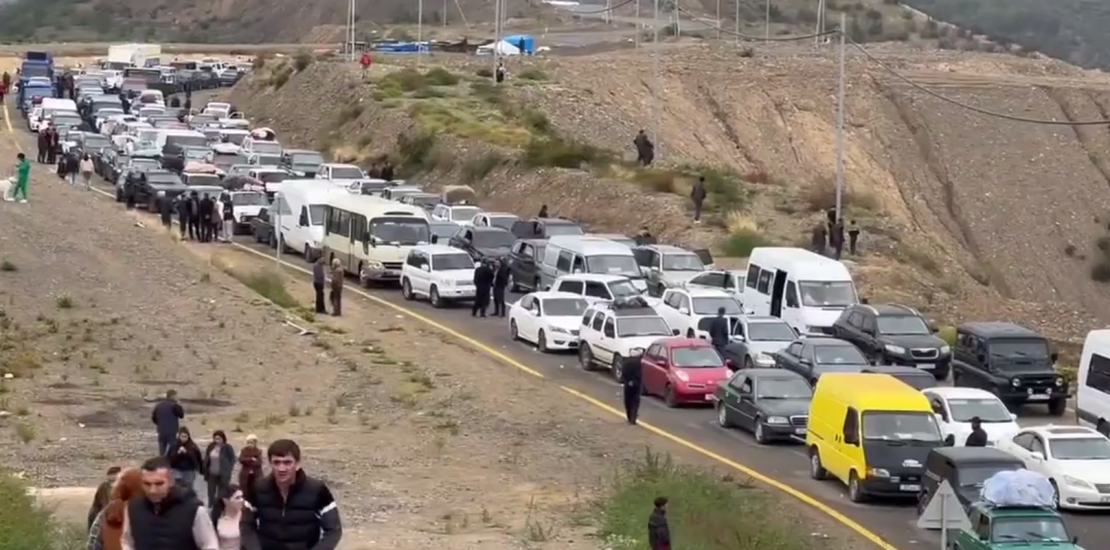

The West’s Calculated Response: Ethnic Cleansing as a Catalyst for Western Involvement
In the geopolitical chessboard of the South Caucasus, the United States and other Western powers played a cautious, if not calculated, game during the ethnic cleansing in Nagorno-Karabakh. While some Western nations expressed humanitarian concerns, they largely refrained from direct intervention, allowing Azerbaijan to achieve its objectives with Russia’s tacit approval. However, this inaction was part of a larger strategy.
By allowing ethnic cleansing to unfold without directly challenging Russia, the West has positioned itself to exploit the situation in the aftermath. With Russia’s influence diminished and Azerbaijan tarnished by accusations of war crimes, the door has been opened for the West to make a historical entry into the South Caucasus—something it has never achieved in the past due to Russia’s stronghold over the region.
The West’s Entry via United Nations Peacekeeping
The West’s primary vehicle for entering the South Caucasus may well come in the form of United Nations peacekeeping forces. With the humanitarian crisis in Nagorno-Karabakh as the justification, Western powers can now push for an international peacekeeping mission in the region, under the auspices of the UN. This would mark the first time Western forces have had a formal presence in the South Caucasus, signaling a major shift in the geopolitical dynamics of the region.
For Russia, this would represent a severe blow to its longstanding influence. Moscow has always viewed the South Caucasus as part of its sphere of influence, but now, Western-backed peacekeepers could operate on what was once Russia’s turf. This shift could also lead to a re-evaluation of alliances in the region, particularly with Armenia.
Russia’s Response: A Bid to Reassert Control over the Zangezur Corridor
Having realized the consequences of its passive role in Nagorno-Karabakh, Russia is now seeking to reassert its influence. The key battleground for this is Armenia’s southern Zangezur corridor, a narrow strip of land that borders both Azerbaijan and Iran. The corridor is of immense strategic importance, as it connects Armenia to Iran and serves as a vital transit route for trade and energy resources.
Russia’s move to control the Zangezur corridor is a calculated effort to regain its foothold in the South Caucasus. By securing control of this crucial piece of territory, Moscow hopes to re-establish its influence in Armenia and the broader region. However, this move has met with fierce opposition from both Iran and the West, each of which has its own strategic interests in the corridor.
Iran’s Opposition to Russia’s Plans
Iran, which shares a border with Armenia, has historically been wary of any foreign influence in the South Caucasus, particularly from Russia and the West. Tehran views the Zangezur corridor as a critical route for its trade and regional influence, and any Russian control over this area would be seen as a direct threat to its interests.
Iran’s opposition to Russia’s plans is part of a broader regional rivalry. Both countries have competing interests in the Caucasus, and Tehran has increasingly positioned itself as a counterweight to Moscow’s ambitions. Iran has also sought to strengthen its ties with Armenia as a means of balancing Azerbaijan’s growing power in the region. Therefore, Iran’s resistance to Russia’s bid for the Zangezur corridor is likely to intensify in the coming months.
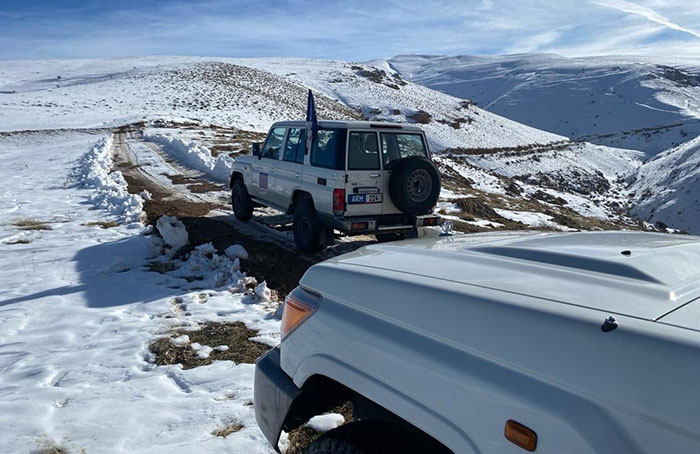

Western Powers’ Resistance to Russian Influence
The West, too, has a vested interest in preventing Russia from reasserting control over the Zangezur corridor. From a geopolitical perspective, Western powers see the corridor as a potential gateway to influence the South Caucasus. By supporting Armenia’s sovereignty over the corridor and opposing Russian control, the West can further weaken Moscow’s position in the region.
Moreover, the West’s opposition to Russia’s plans aligns with its broader strategy of containing Russian influence in former Soviet states. Since the 2008 Russia-Georgia war and the 2014 annexation of Crimea, Western powers have been increasingly wary of Moscow’s expansionist tendencies. The Zangezur corridor, therefore, represents another potential flashpoint in the ongoing struggle between Russia and the West for influence in the post-Soviet space.
Azerbaijan’s Realization: The Cost of Ethnic Cleansing and Geopolitical Miscalculations
Azerbaijan’s actions in Nagorno-Karabakh, particularly its role in the ethnic cleansing of Armenians, have also come with significant geopolitical consequences. While Baku initially achieved its short-term objective of reclaiming territory, it has now found itself isolated on the international stage. Accusations of war crimes and human rights violations have tarnished Azerbaijan’s image, and its alliance with Russia has proven to be a double-edged sword.
As Russia’s influence wanes and Western powers prepare to enter the South Caucasus, Azerbaijan faces the prospect of losing the geopolitical gains it made during the Nagorno-Karabakh conflict. The very ethnic cleansing that allowed Azerbaijan to assert control over the region is now being used by the West as a justification for intervention.
Azerbaijan’s Strategic Re-evaluation
Faced with the potential of Western-backed UN peacekeepers entering the region, Azerbaijan is now rethinking its geopolitical strategy. While its alliance with Russia was crucial during the Nagorno-Karabakh conflict, Baku must now navigate a complex web of regional interests, including those of Turkey, Iran, and the West.
Azerbaijan may seek to distance itself from Russia in order to avoid further international isolation. Baku could pivot toward Turkey, its traditional ally, while attempting to repair its damaged reputation in the West. However, this will not be an easy task, given the scale of the ethnic cleansing and the long-standing distrust between Azerbaijan and Western powers.
The Future of the South Caucasus: A New Era of Geopolitical Competition
The ethnic cleansing of Armenians in Nagorno-Karabakh has set in motion a series of geopolitical shifts that are reshaping the South Caucasus. Russia, once the dominant power in the region, has seen its influence wane due to its passive role in the conflict and its cooperation with Azerbaijan. This has created a vacuum that both the West and Iran are eager to fill.
For the first time in history, the West may establish a foothold in the South Caucasus through United Nations peacekeeping forces. This would represent a major shift in the region’s geopolitical landscape, as Western powers seek to contain Russia and assert their influence in a strategically vital area.
At the same time, Russia’s efforts to control the Zangezur corridor have met with fierce resistance from both Iran and the West. This has set the stage for a new era of geopolitical competition in the South Caucasus, with multiple regional and global powers vying for influence.
A Fragile Peace?
The future of the South Caucasus remains uncertain. While the conflict in Nagorno-Karabakh has temporarily subsided, the underlying tensions between Armenia, Azerbaijan, and their regional allies remain unresolved. Moreover, the involvement of external powers, such as Russia, Iran, and the West, adds another layer of complexity to an already volatile situation.
The West’s potential entry into the South Caucasus under the guise of UN peacekeeping forces could either stabilize the region or escalate tensions, depending on how Russia and Azerbaijan respond. What is clear, however, is that the South Caucasus is entering a new chapter in its history—one where the balance of power is more uncertain than ever.
Conclusion: The South Caucasus at a Geopolitical Crossroads
The South Caucasus has long been a region of strategic importance, but recent events have fundamentally altered the geopolitical dynamics. Russia’s diminished influence, following its passive cooperation in Azerbaijan’s ethnic cleansing of Armenians, has created an opportunity for the West to assert itself for the first time in history. The Zangezur corridor has become the latest battleground for regional and global powers, with Russia, Iran, and the West all seeking to control this critical transit route.
As the West prepares to enter the region through UN peacekeeping efforts, the South Caucasus stands at a crossroads. The future of the region will be shaped by the actions of external powers, as well as the internal dynamics between Armenia, Azerbaijan, and their regional allies. In this new era of geopolitical competition, the stakes have never been higher for the South Caucasus, as it navigates an uncertain and potentially volatile future.

